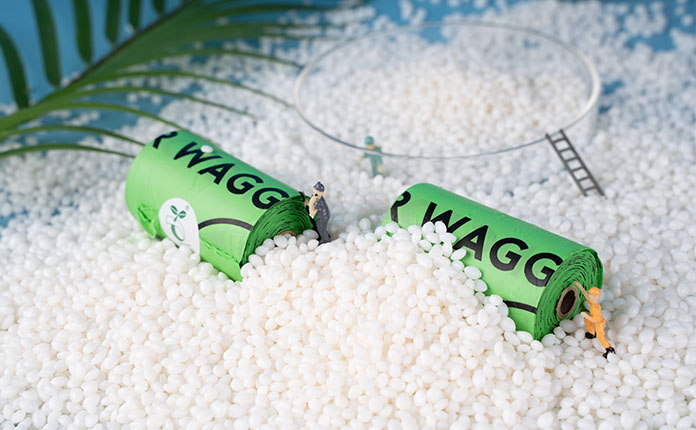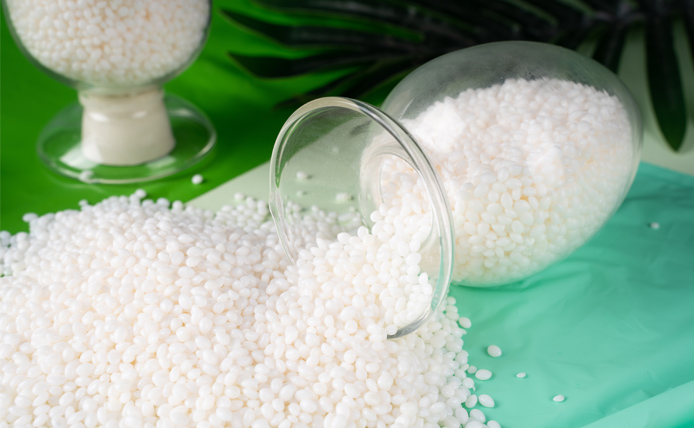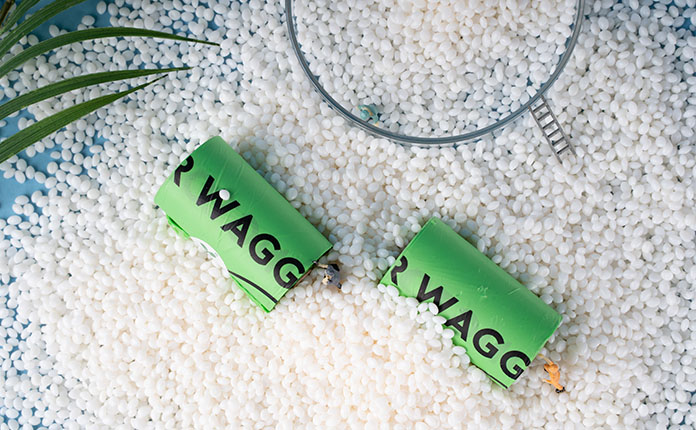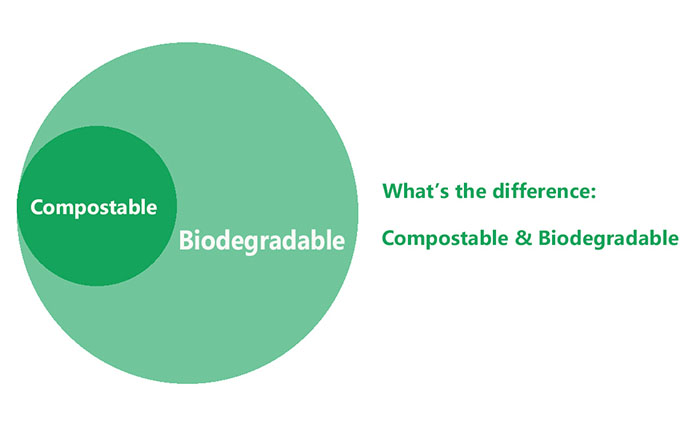We believe in innovation, even when it comes in the form of challenges. This approach leads us to develop the highest quality biodegradable plastics. We meet industry standards while setting new ones. Over the years, we have been able to transform ourselves into one of the leading suppliers of bioplastics. Bioplastics are trend-setters in the plastics industry due to their higher level of sustainability.
We believe that a sustainable environment helps to create a sustainable future for our next generation. That is why we believe in developing environmentally friendly products. Bioplastics are emerging as one of the alternatives to fossil-sourced polymers. We utilize a number of renewable biomass resources to develop bioplastics. To produce bioplastics, we use a variety of plant-based raw materials. We ensure that only renewable resources are used to develop bioplastics. Renewable resources are environmentally friendly.
















